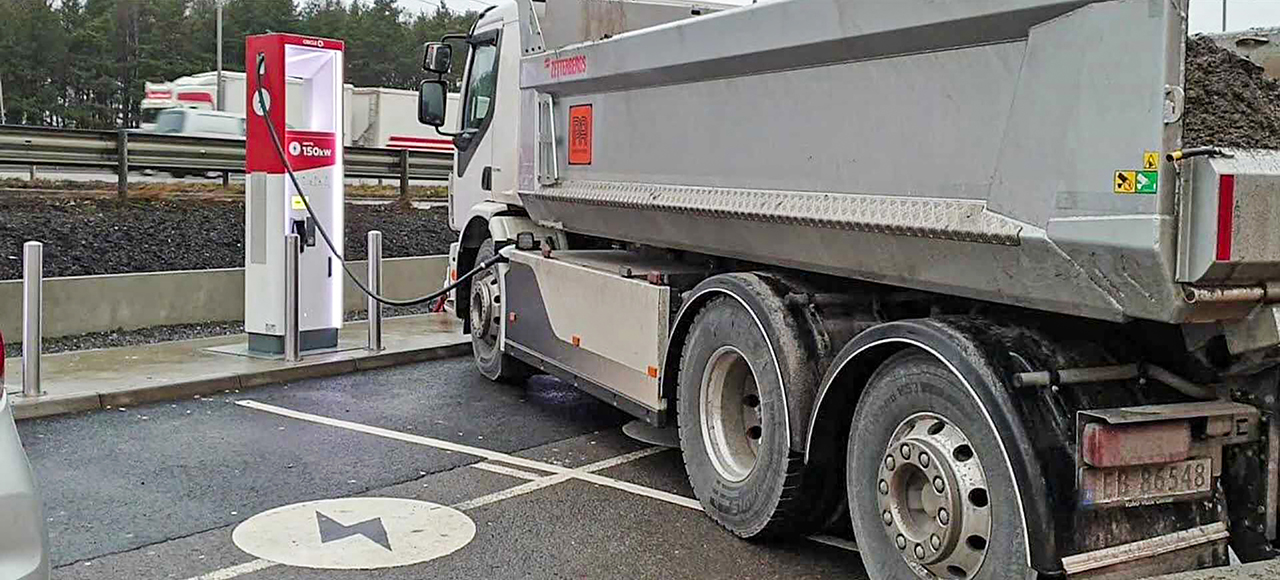India’s first vehicle rating system based on environmental performance is a consumer information tool that identifies high to low-performing vehicle models in terms of the negative impacts of GHG emissions and criteria pollutants
Alliance for an Energy Efficient Economy (AEEE), one of the leading organisations that work on creating awareness about energy efficiency as a resource, recently released the Green Vehicle Rating (GVR), the country’s only vehicle rating system based on environmental performance. An information tool, GVR aims to reshape consumer knowledge on vehicles and help buyers calculate its impact on a community’s health and environment. With the launch of this tool, AEEE has set out to move the ever-growing two and three-wheeler rider base towards greener options in the country.

GVR also intends to help buyers identify high-performing vehicles, make informed decisions with a web-based rating system for vehicles followed by working towards increasing the demand for greener variants. Funded by Shakti Foundation and supported by American Council for an Energy Efficient Economy, the tool uses ‘Form 22’ or the ‘Road Worthiness Certificate’ mandated by the Ministry of Road Transport and Highways in 2017 to calculate the environmental performance of the vehicle. Based on the data available in Form 22, GVR takes a composite approach to pollutant emissions data and fuel efficiency data as reported by the automobile dealers and online automotive marketplaces.
“Green Vehicle Rating (GVR) takes the self-reported emissions data in Form 22 and makes it easier to understand the true impact of a vehicle on the road without getting lost in numbers. With GVR we aim to propel towards creating a culture of energy efficiency in India by shifting this ever-growing consumer base towards cleaner modes of transportation,” said Dr. Satish Kumar, President and Executive Director, AEEE. The GVR website allows users to compare different vehicles, assess the real cost of ownership, damage cost, emissions levels along with commonly sought specifications like mileage, cost, engine capacity, etc. To help consumers assimilate the impact, these costs are represented in per km terms.
“The adoption of cleaner transport will play a key role in reducing greenhouse gas emissions and tackling climate change. The Green Vehicle Rating is an important step in this direction. It assesses and compares the environmental impact of two and three-wheeler vehicles in India, thereby serving as a useful tool for consumers to make more informed choices while purchasing vehicles in favour of more fuel-efficient and less polluting vehicle models. Shakti Sustainable Energy Foundation is pleased to support the development of the Green Vehicle Rating, which provides consumers with straightforward and reliable information on energy and environmental costs as well as economic benefits,” said Dr. Anshu Bhardwaj, CEO, Shakti Sustainable Energy Foundation.
As the nation moves towards reducing carbon footprint, clean mobility can help India meet its Paris Agreement commitment of reducing carbon emission intensity (emission per unit of GDP) by 33-35% of 2005 level over 15 years. While 67% of India owns two-wheelers, the vehicle accounts for 61% petrol sales in the country. In line with this, the Indian government can use the tool to grow the share of efficient and less polluting vehicles, while moving forward on its commitment to clean mobility and adoption of electric vehicles.